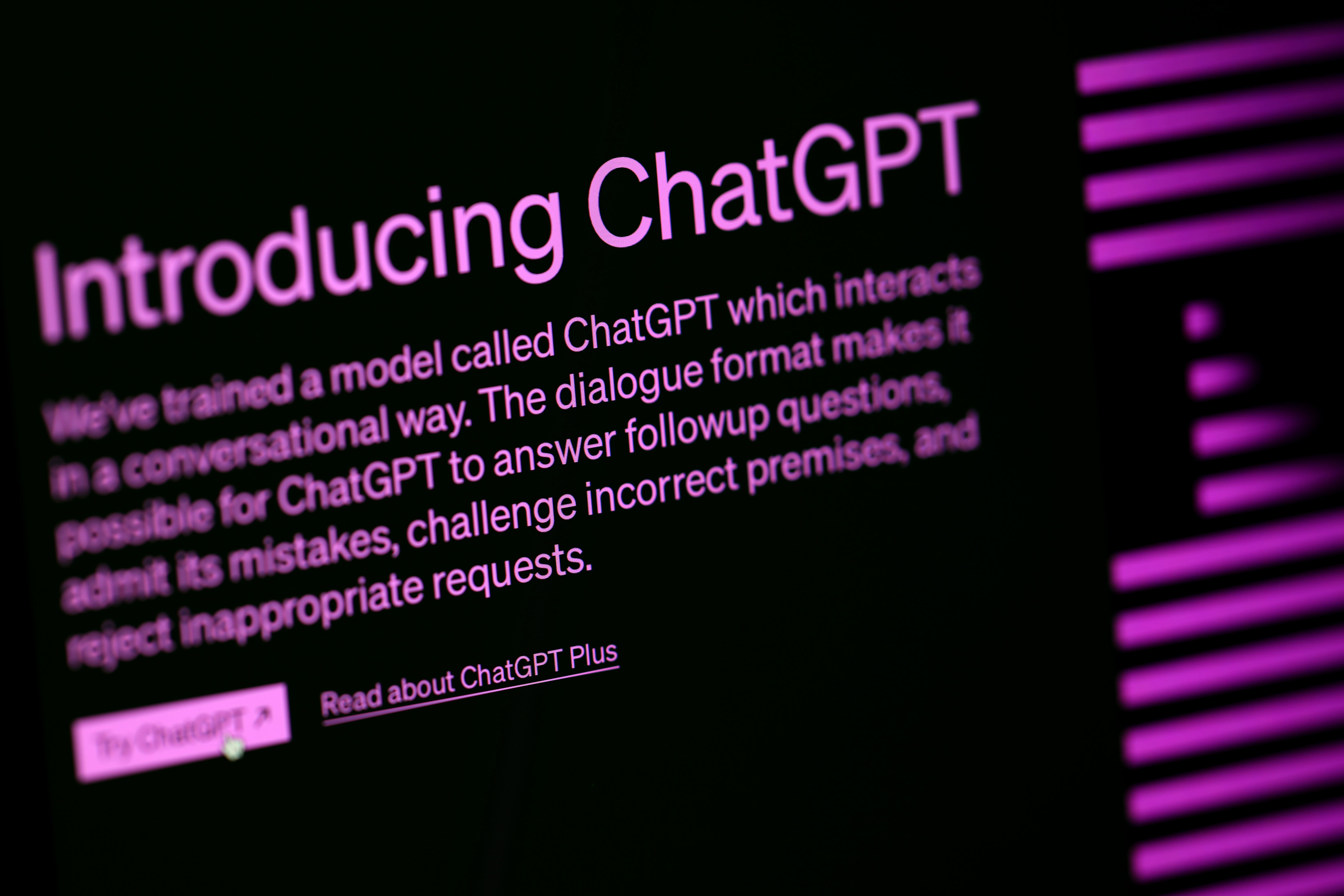AI chatbots could enhance doctor decision-making in treating depression
ChatGPT was found to be capable of following treatment standard, but researchers said more work is required to explore ethics and risks

Your support helps us to tell the story
From reproductive rights to climate change to Big Tech, The Independent is on the ground when the story is developing. Whether it's investigating the financials of Elon Musk's pro-Trump PAC or producing our latest documentary, 'The A Word', which shines a light on the American women fighting for reproductive rights, we know how important it is to parse out the facts from the messaging.
At such a critical moment in US history, we need reporters on the ground. Your donation allows us to keep sending journalists to speak to both sides of the story.
The Independent is trusted by Americans across the entire political spectrum. And unlike many other quality news outlets, we choose not to lock Americans out of our reporting and analysis with paywalls. We believe quality journalism should be available to everyone, paid for by those who can afford it.
Your support makes all the difference.The artificial intelligence (AI) program ChatGPT could be better at following treatment standards for depression than human doctors, a study has suggested.
The technology could enhance decision making in primary care, researchers said, as it is capable of following recognised treatment standards without any gender of social class biases that are sometimes a factor between humans.
However, further work is needed to assess any potential risks or ethical issues that could stem from its use in practice, researchers said.
A study by a team in Israel gave two versions of ChatGPT – 3.5 and 4 – brief descriptions of hypothetical patients showing symptoms of depression during initial consultations.
There were eight distinct characters, which varied by gender, socioeconomic status and depression severity.
Symptoms included sadness, problems sleeping and loss of appetite in the three weeks leading up to the appointment, as well as a diagnosis of mild to moderate depression.
The information about each hypothetical patient was fed into ChatGPT 10 times and its answers were compared to 1,249 French primary care doctors, 73% of whom were women.
For mild depression, the two versions of ChatGPT recommended psychotherapy in 95% and 97.5% of cases, respectively.
Primary care doctors however recommended it in only 4.3% of cases, opting for drugs 48% of the time, or psychotherapy plus prescribed drugs 32.5% of the time.
For severe cases of depression, 44.5% of doctors recommended psychotherapy plus prescribed drugs, while the two versions of ChatGPT recommended this method in 72% and 100% of cases respectively.
When it came to the type of medicine, ChatGPT favoured exclusive use of antidepressants in 74% and 68% of cases, while human doctors leaned towards a mix antidepressants and anxiolytics/hypnotics in 67.4% of cases.
Researchers said the findings, published in the journal Family Medicine and Community Health, show ChatGPT “aligned well with accepted guidelines for managing mild and severe depression, without showing the gender or socioeconomic biases observed among primary care physicians”.
They added: “ChatGPT-4 demonstrated greater precision in adjusting treatment to comply with clinical guidelines.
“The study suggests that ChatGPT…. has the potential to enhance decision making in primary healthcare.”
However they said that despite the potential benefits of using AI chatbots such as ChatGPT, “further research is needed to refine AI recommendations for severe cases and to consider potential risks and ethical issues”.